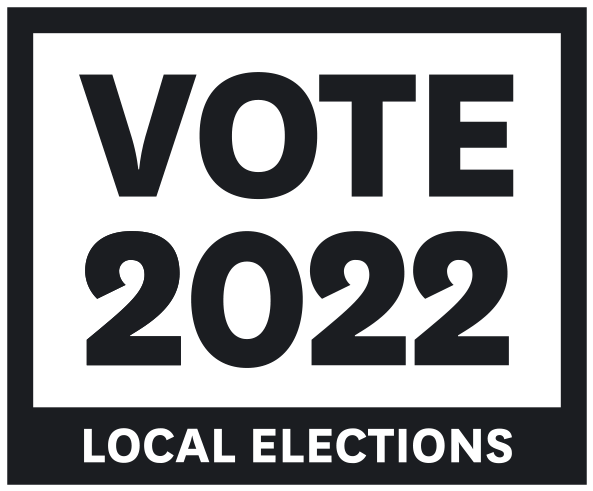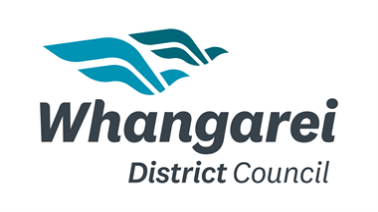Councils
Every day, we are all affected in some way by decisions our district or regional council has made. While Parliament is elected to deal with issues relevant to New Zealand and its people as a nation, local government is the system of locally elected members representing their communities and making decisions on their behalf.
Councils – both district and regional are also referred to as local authorities. Councils play a broad range of local roles, from services undertaken on behalf of the community itself, to most regulatory services undertaken on behalf of central government.
What's the difference between a District Council and the Regional Council?
District Council
District Councils have a wide range of responsibilities, which include:
- Infrastructure services, such as waste water, storm water and drinking water;
- Local roads (councils own 87 per cent of all roads);
- Town planning and resource management;
- Local regulatory services, such as building consenting, dog control and liquor licensing (councils undertake more than 30 separate regulatory functions);
- Parks and recreation and cultural facilities;
- Libraries and museums;
- Cemeteries;
- Community amenities;
- Supporting and promoting the arts and distinct cultures of the district.
Regional Council
Regional councils play a core role in the management of natural resources of an area. This includes:
- Biosecurity control (including pest control and noxious plants);
- Resource management (quality of water, soil, coastal planning);
- Flood and river management;
- Land management;
- Environmental planning and monitoring;
- Civil defence (natural disasters, marine oil spill);
- Regional transport planning and passenger transport services.
Functions may vary from place to place as activities can be transferred between territorial and regional councils and many councils have established joint service delivery arrangements.
Community Boards
Many district councils also have community boards to support council decision making. They exist to bring decision-making closer to citizens themselves.





